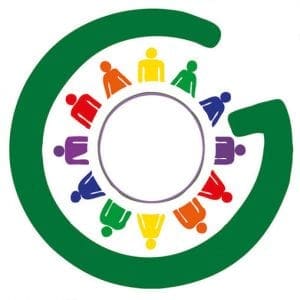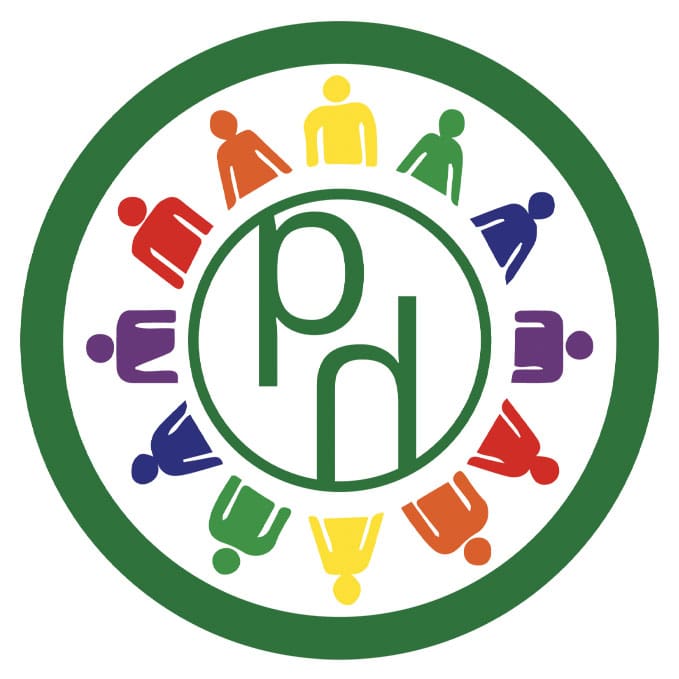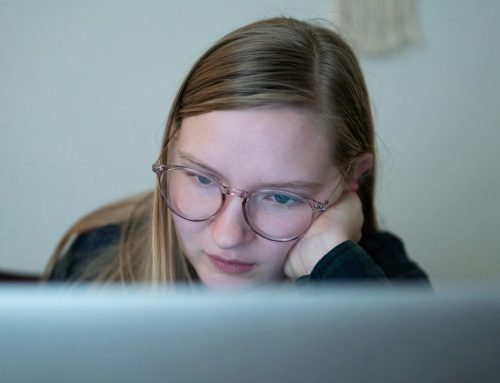You often hear ‘I’m a worrier’ or ‘my mum and my grandmother had panic attacks, it runs in the family’ as if anxiety was written into their DNA – inherited. As far as I am aware, no baby is born anxious.

Photo by Joice Kelly, Unsplash
There is a massive difference between something we inherit and something we learn. You can unlearn certain things, such as negative thoughts and behaviours. So your anxiety may be similar to your mum’s and your grandmother’s, but it is passed on via observation, not blood.
Once you distance yourself from your behaviour, it becomes easier to change – or stop – because it’s under your control, not part of you.
So, the next time you hear yourself defining yourself by what you do, stop and change that language by saying ‘it’s what I do, not what I am’.
Children’s Mental Health Week, 7–13 February – Growing Together
According to Place2Be, the organisers of Children’s Mental Health Week, around five children in every classroom have a mental health problem, and many more struggle with challenges from bereavement to bullying.
To help shine a spotlight on these issues, young people, their families, schools, and organisations across the UK are being encouraged to support this year’s theme – Growing Together.
Growing Together highlights how we grow emotionally – how children (and adults) grow over time, what they need to help them to develop going forward, and how they can help others to grow too.
As parents and carers, we can teach our children how in life, setbacks and challenges can actually help us to adapt and grow. While trying new things can shift us out of our comfort zone, enabling us to discover new possibilities.
In our position as role models for our children, it’s sometimes useful to remember that we don’t need, nor are we able, to be perfect. In fact, when our child sees us make a mistake, it can be an opportunity to teach them an important life lesson. They learn that, just as we have adapted and grown – even when things go wrong – so too can they! In fact, it is during difficult times that we can often learn and grow the most.
For more information about Children’s Mental Health Week and resources about how you can support your child’s emotional growth visit: https://www.childrensmentalhealthweek.org.uk/parents-and-carers/.




